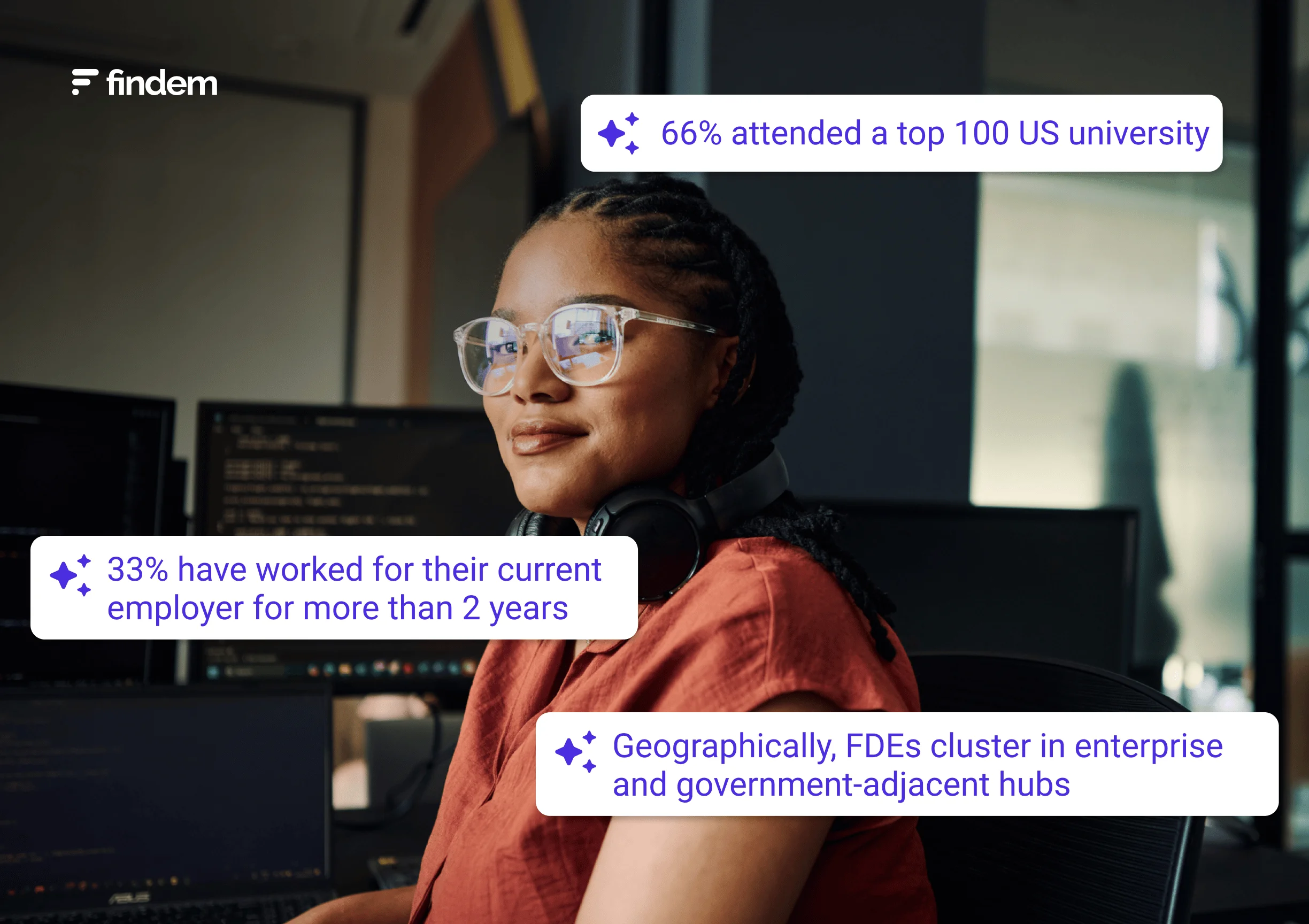.svg)
Feedback is key to improving the candidate experience
.svg)

“You don’t build a business — you build people — and then people build the business.”
-Zig Ziglar
That’s why recruiting is such a strategic part of any business. Who you hire and how you develop your talent will determine what kind of business you have.
Unfortunately, to hire the right talent means you have to reject people who may be just as talented, but not quite right for the position you need to fill. As the first point of contact, you are the face of the company. How you handle a rejection conversation says more about your brand and company values than the hiring process, and will make a lasting impression on a candidate and their network.
In their annual candidate experience survey, The Talent Board found that 69.7% of candidates receive no feedback after being rejected during the screening and interviewing stages of their candidacy.
5 ways talent teams fail when rejecting a candidate
Letting a candidate go is hard for many recruiters. They invest time and energy in the recruiting and interviewing process. They have very personal conversations with candidates about their achievements and their goals. Here are the top reasons talent leaders fail to share an update on rejection.
1. High volume of applications and lack of infrastructure
With little time on hand and many applications to sort through, talent leaders tend to miss the rejected candidates. Hard skills are looked at during pre-screening and some applicants may not fit the bill. During this pre-screening process, feedback can be automated, letting a candidate know why they will not transition to the next phase and thanking them for their interest.
2. Incomplete feedback from hiring managers
In many cases, hiring managers move on to the next candidate when the current candidate is rejected. They might not take the time to provide feedback to the talent team, thus leaving them with inadequate information to convey their reasoning. Companies should formulate a process of circling back on why candidates are rejected. This helps cascade feedback to candidates and helps better calibrate the next set of candidates.
3. Battling criticism or difficult conversations
The rejection is bound to make the candidate upset, angry, or vulnerable. These conversations are never easy and hence steered away from. The candidate may also complain of bias, unfair practices, etc. But you can turn this into a positive experience for the candidate with honest feedback and by affirming their value. By focusing on the areas where the candidate can improve, you can make this a less scary and more fruitful conversation.
4. Pressure of saying the wrong thing
While giving feedback, try to maintain a balance of empathy and directness. During this process, recruiters should avoid saying, "I liked you but...." This is a classic, "It's not me, it's them," giving them an illusion of a broken chain. So it's okay to say things as they are, without being blunt and ruthless, of course. Be sure to honor each person’s value and uniqueness.
5. Putting off an uncomfortable conversation
You might think: "Okay, but how do I share this news in the first place? Email, text, call? Oh well, maybe let's do it tomorrow." And as they say, "Tomorrow never comes.” It is true that rejections are hard, but they are part of the interview process. Because these are uncomfortable discussions, they're pushed as long as possible, and then forgotten.
5 ways feedback improves the candidate experience
Here are the reasons why you definitely need to close the loop in the recruiting process for candidates.
1. Candidate experience
As the first point of contact, the recruiter is the face of the company and hence, extremely important. The crux of this first interaction is to create a holistic and realistic picture about the company. It marks the beginning of the candidate interview experience. All parties invest time, energy, effort, and so much more in this process.
It is only fair to close the loop by sharing feedback that will help candidates improve. Also, it is not always them. Sometimes it is a matter of timing. The key is to create a great candidate experience, nurture candidates, to stay engaged and reconnect when the timing is right.
2. It’s about careers, not jobs
Talent leaders help in building careers and hence, it's a huge responsibility to help candidates take the right step. There is no alternative to understanding candidate expectations. In one case, I interviewed a candidate who applied to manage a team while being an individual contributor in their current position. Growth from IC to management was not something the opportunity could offer. I provided the feedback during the screening call that we could not match his aspirations. The candidate so appreciated the insights, that he referred a friend to an open position.
3. Employer branding
They say there are no second chances to make a first impression, but what about a final impression? Your first email, conversation, or interaction sets the tone. During the interview process, the company brand or culture either grows stronger or may diffuse depending on the interactions.
A recruitment process lacking ways to share feedback may be detrimental to the company reputation, as candidates would not be willing to reapply. Including feedback as part of your interview process is a final opportunity to make a lasting impression for your brand, which fuels your recruiting engine to find the next set of phenomenal talent.
4. Referrals are golden
When you give feedback and a candidate feels valued, even though they are rejected, they can become advocates for you. In one instance, where I took the time to provide honest feedback and career support for a candidate, I thought it was the end of the conversation. But then I received a referral. By relaying the overview about the company and the role, rejected candidates can become brand ambassadors who share that the process was smooth and transparent.
5. Be real
Donning the hat of an HR and talent leader, I have had the good fortune to connect with many candidates. It is always mesmerizing to learn about people, their achievements and learnings as well as their aspirations. You might share your own story about why you joined the company and your own journey. Your goal is not just to find the right candidate, but also to create a smooth and enriching candidate experience where each person feels valued.
Talent management is more than putting people to jobs, it is listening, understanding and enabling a candidate to transition towards a path to success. This truly makes the talent acquisition journey challenging yet rewarding. Meanwhile, there's always more to learn and to be done. Until next time!
Ready to learn more about Findem? Request a demo to see how you can use our Talent CRM to nurture talent communities and grow your candidate pool.










